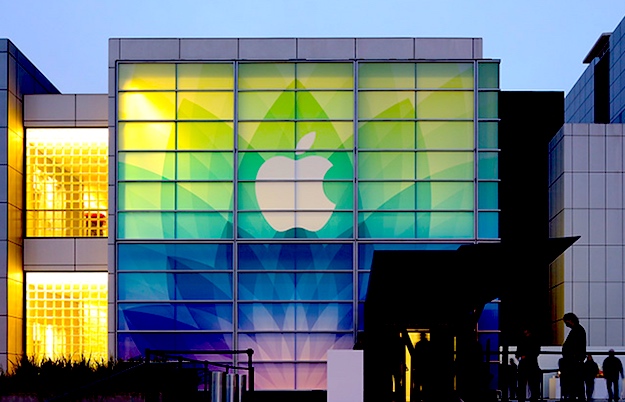A recently published article from the Harvard Business Review takes the position that Apple’s influence in and impact on the smartphone industry is waning. Whereas Apple once set the tone for the smartphone industry at large, Professor Juan Pablo Vazquez Sampere now argues that Apple “has begun to compete on the same terms as Samsung and the other smartphone providers.”
The evidence? Apple’s iPhone 6 lineup featured bigger screens, something other handset manufacturers had already brought to market. As a result, Sampere asserts that Apple and other manufacturers are currently “stuck in a battle of sustaining innovations, which is about classic competition on who makes a better phone.”
DON’T MISS: The best new movies and TV shows that were just added to Netflix
More than that, Sampere attempts to frame Apple as an old incumbent, too stodgy to recognize the technological landscape rapidly shifting around it. In doing so, Sampere cleverly employs an out-of-context quote from Apple CEO Tim Cook to bolster his claim.
Unfortunately for Apple, the strategic shift to engaging in classical competition instead of continuing leading the industry doesn’t have a good prognosis. In these situations, the incumbent almost always fails — and one of the early signs of failure is the incumbent’s inability to make sense of the competitive environment. Here’s Apple’s CEO, Tim Cook: “We’re seeing extreme conditions, unlike anything we’ve experienced before, just about everywhere we look.”
Those “extreme conditions” referenced by Cook are rooted in very real and stark changes in worldwide economic conditions. If anything, Apple seems to have a firm grasp on the competitive environment in which it competes. In fairness, Apple in the March quarter will experience its first year over year decline in iPhone sales in history. Still, it’s far too early to tell whether or not this is a one-off exception or a sign of things to come. To that point, with the iPhone 7 waiting in the wings, it stands to reason that Apple will break a few more iPhone sales records in 2016.
Broadly speaking, the notion that Apple’s innovative days are a thing of the past is a tired old narrative Apple pundits have been trying to establish as fact for years now. Sure, there’s no guarantee that Apple’s track record for innovation will rage on in perpetuity, but there’s also no strong body of evidence to suggest that we’ve already reached that point. If anything, a quick look back at recent iPhone releases suggests otherwise; the iPhone 5s brought fingerprint authentication into the mainstream, the iPhone 6 did the same for mobile payments. Until we see what the iPhone 7 brings to the table, I contend it’s far too soon to boldly proclaim that Apple has lost its innovative edge.
But more than that, it’s really hard to take Sampere’s assertions at face value when his piece belies a fundamental misunderstanding of Apple and the iPhone.
Case in point, Sampere writes:
Subsequent versions of the iPhone further enhanced the apps available: the iPhone 4 introduced Apple’s multitasking system (designed especially for apps); the iPhone 5 provided apps using other coding languages such as Xcode and iOS SDK.
Not everyone covering tech has to be a coder, but if you’re writing a piece about the diminishing influence of the iPhone in tech, in the Harvard Business Review of all places, there’s simply no excuse for the nonsense above.
And oh yeah, you know the upcoming Galaxy S7? Rumor has it that the device may feature a pressure sensitive display a’la 3D Touch on the iPhone and a feature called Vivid Photos a’la Live Photos on the iPhone.
You might even say that the smartphone industry is functioning today exactly how it has been over the past few years.
The piece concludes:
But the fact that Apple has stopped disrupting other industries with iPhones does not mean that there are no more industries to disrupt. To the contrary, I believe that smartphones have still plenty of room to disrupt, to the great benefit of their users — which is precisely why I’d love to have the old Apple back.
It reads well, but there’s simply no indication that the old Apple ever left in the first place.




